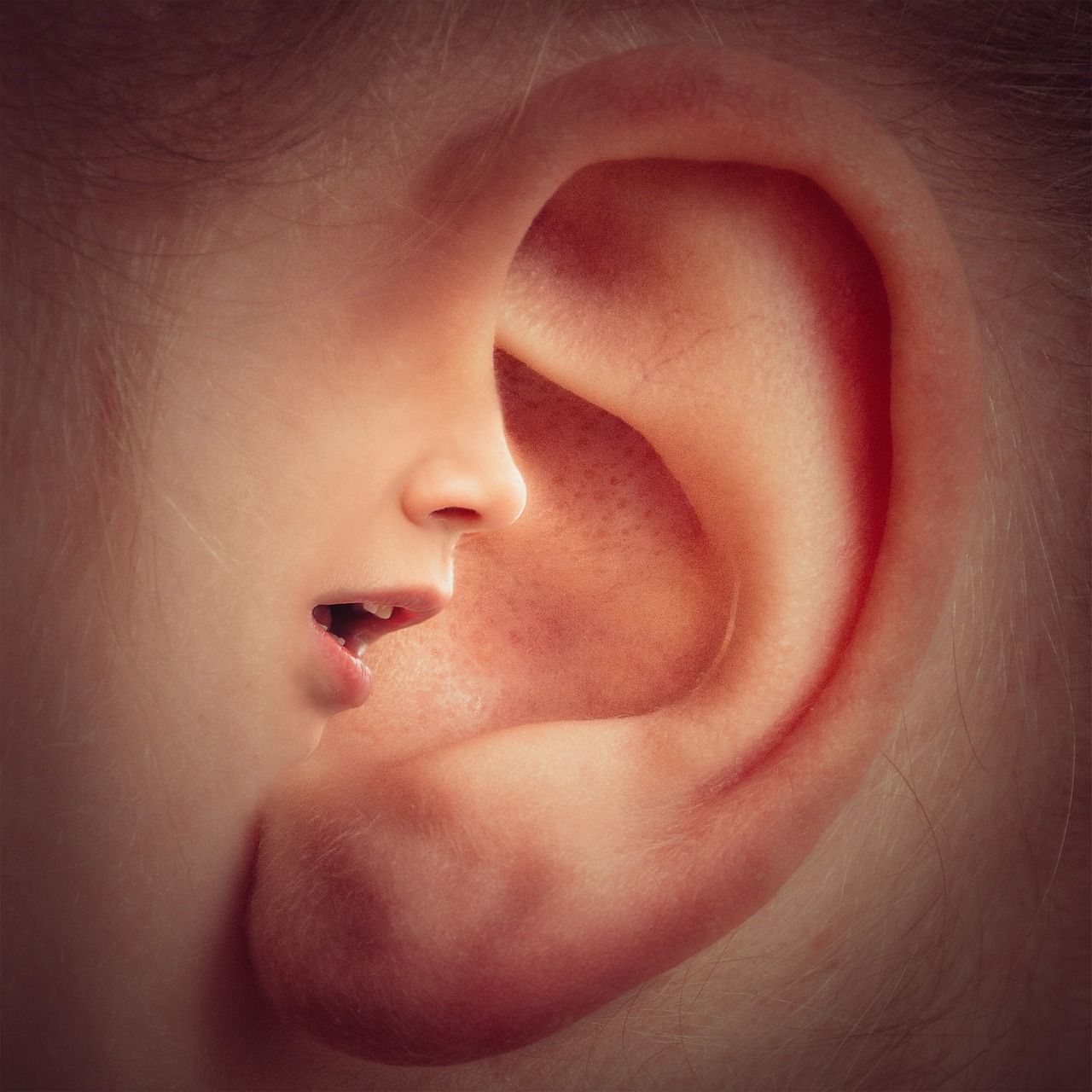Follow us on Google News (click on ☆)
Published in the Journal of the Acoustical Society of America, the research indicates that the coordination of a person's jaw and tongue movements weakens when they cannot hear their own voice, even temporarily.

Illustration image Pixabay
"To master and coordinate movements of the vocal tract and produce speech, immediate auditory feedback is necessary," explains Matthew Masapollo. The lead author of the paper, he conducted the study while working as a research associate at the motor systems neuroscience laboratory at McGill University.
The team used electromagnetic articulography to capture and compare speech movements (jaw and tongue) in two situations with subjects who had normal hearing: in the first, people could hear themselves speaking normally; in the second, a noise covered their voice, making it impossible for them to hear it. In this second scenario, the researchers observed a disruption in speech movements.
The implications of these findings are particularly significant for understanding language production in people with hearing impairments, especially those who wear cochlear implants. "Some aspects of language production remain impaired, even years after receiving a cochlear implant, likely because the sound produced by the device is degraded," notes the research associate.
For the researchers, understanding how degraded sound reproduction affects speech can lead to more effective implants and aid children with significant hearing impairments in learning to speak.
Working with Susan Nittrouer, along with David J. Ostry and Lucie Ménard, both professors at McGill University, Matthew Masapollo is now investigating the effects of reduced sound access—related to wearing a cochlear implant—on speech.
Preliminary findings suggest that individuals with hearing impairments rely more on sensory feedback from the tongue and mouth to control speech movements, rather than on auditory feedback. If this observation holds, clinical research data could be used to develop therapeutic interventions focused on training oral motor skills in children and adults who have lost their hearing.
The study "Immediate auditory feedback regulates inter-articulator speech coordination in service to phonetic structure," by Matthew Masapollo and Susan Nittrouer, was published in the Journal of the Acoustical Society of America. The work was funded by the Hearing Health Foundation.